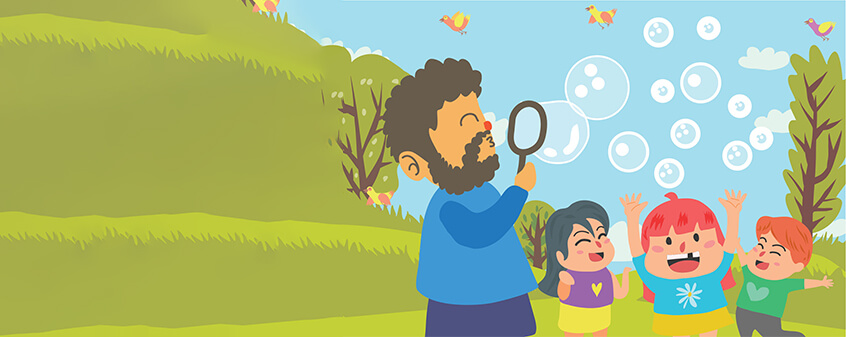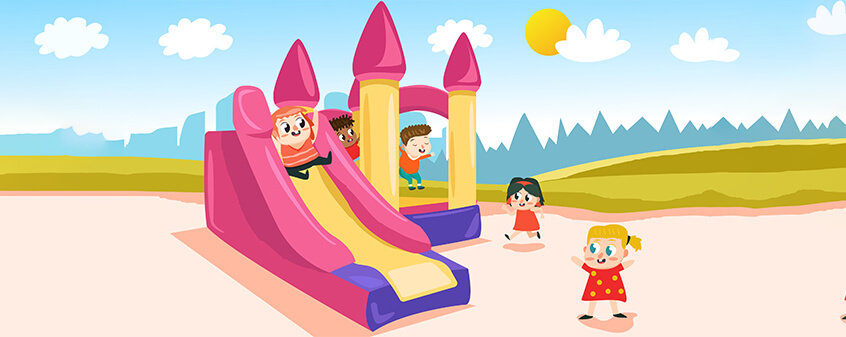When we begin to embrace the idea of a future that looks very different from today, we can harness these powerful technologies to create exponential impact
As we think about transformation of the education system that includes exponential technologies, it’s important that we scan the current landscape but also “patrol the border between now and next” to best understand the changes that will likely disrupt our world as we know it, including the way we educate and learn using technologies.
Exponential technologies have a tendency to move from a deceptively slow pace of development to a disruptively fast pace. We often disregard or don’t notice technologies in the deceptive growth phase, until they begin changing the way we live and do business. Driven by information technologies, products and services become digitized, dematerialized, demonetized and/or democratized and enter a phase of exponential growth.
The beginning of how exponential technologies are impacting
1) What we need to learn,
2) How we view schooling and society and
3) How we will teach and learn in the future.
Exponential Technologies Impact How We Teach and Learn
Technologies like artificial intelligence, big data, and virtual and augmented reality are all poised to change the way we teach and learn both in the classroom and outside of it.
And while there’s no lack of enthusiasm around the potential of using virtual reality to change education, we are just seeing the first baby steps toward what will eventually be the full use of the technology. Google Expeditions, which aims to take students on virtual field trips and it’s clear that technologies undergoing exponential growth are shaping the skills we need to be successful, how we approach education in the classroom, and what tools we will use in the future to teach and learn.
Exponential Technologies are “Technologies that are progressing at an exponential pace…
Foundational literacies are essentially the basics: reading, writing, science, math, and the arts.
Competencies are “often referred to as the four C’s- critical thinking, creativity, communication, and collaboration-- the very things computers currently aren’t very good at.” In a world where AI is becoming increasingly closer to a reality than a science fiction movie, reinforcing these skills are crucial to prevent all jobs from becoming automated.
In this list of 21st century skills, essential character qualities include “curiosity, adaptability, and leadership to help students become active creators of their own lives, finding and pursuing what is personally meaningful to them.” It is noted that the character quality of grit has become viewed as especially important as we transition into training students for a future we cannot yet fathom.
Technology can often be a barrier to teaching and learning.
With Regards
M.D.Ganga devi
Principal
BHIS-Tiruttani








